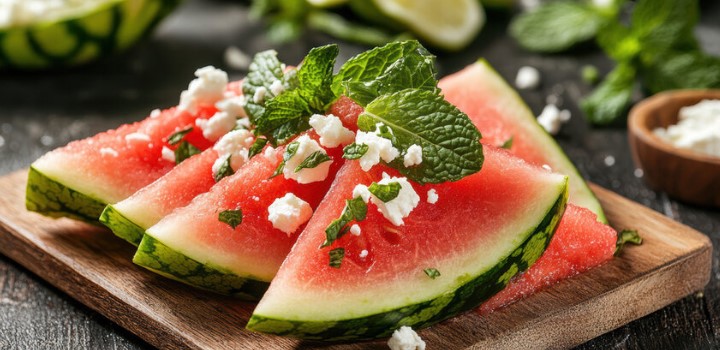Spring-clean your eating habits this September

Sustainable eating is about making sure that the choices we make today shape the future we'll live in tomorrow. One way to practice sustainable eating is to plan and eat meals according to the season.
A simple way to understand sustainable eating is that our food should meet our nutritional needs, while also conserving natural resources. In a nutshell (a peanut shell in this case, being the most sustainable nut out there), sustainable eating means buying what is currently in abundance.
Eating sustainably also saves money, energy and lets you enjoy foods at the peak of their flavour.
Here are 6 tips to get you eating more sustainably, plus a reminder of seasonal fruit and vegetables to buy this spring.
- Choose whole, minimally processed foods. Less energy and fewer resources are used compared to making and packaging processed foods. For example, buy spinach in a bunch versus washed, cut and packed items.
- Prepare and serve appropriate portion sizes to lessen food wastage. Wasting food means wasting the energy and resources that went into producing it. The bacteria that break down wasted food also produce the greenhouse gas methane.
- Choose whole grains over processed carbohydrates, as these require less energy to process.
- Replace some of your meat intake with protein-rich legumes like lentils, split peas and beans. Producing meat (especially beef) contributes considerably to greenhouse gas emissions, but the nitrogen-fixing properties of legumes contribute to soil richness.
- Cook more meals at home. Restaurants use substantial amounts of energy for refrigeration, heating, cooling, and lighting. They also use a lot of water, and food wastage is also a concern.
- Fill up on raw, fresh vegetables and fruit, even as snacks and sides. These need very little energy to prepare.
What's in season this spring?
Here are some fruits and vegetables that are in season in spring (that is September, October and November) in South Africa:
FRUIT: Apples, apricots, avocados, bananas, cherries, coconuts, dates, grapefruit, guavas, lemons, limes, naartjies, nectarines, oranges, pawpaw or papaya, pears, pineapples, plums, strawberries, sweet melon, and watermelon.
VEGETABLES: Artichokes, asparagus, aubergines (eggplant), baby marrows, beans, beetroot, Brussels sprouts, cabbage, carrots, cauliflower, celery, corn, courgettes (baby marrow), cucumber, kale spinach, leeks, lettuce, parsnips, potatoes, pumpkins, radishes, red onions, turnips, and watercress.
Try these HealthyFood Studio recipes this Spring
Lunch or Supper
Get up to 25% back in Ðiscovery Miles on HealthyFood at Checkers and Woolworths, in-store or delivered to your door. Join Vitality today.
Live life with Vitality
Your Vitality team